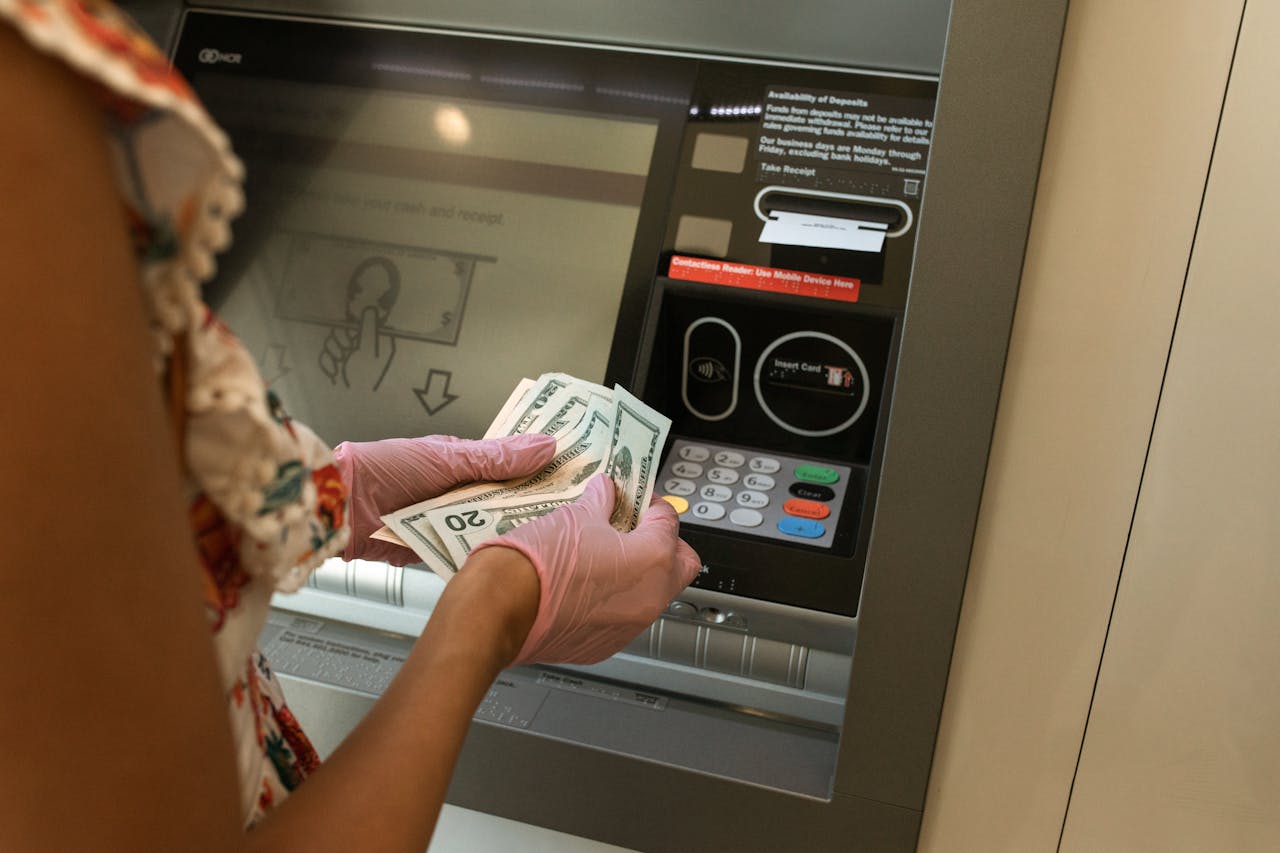1. What Exactly Is a Fixed Deposit? Here’s the One-Sentence Answer
In the U.S., fixed deposits are commonly known as Certificates of Deposit (CDs). In Europe, they’re generally referred to as “fixed-term savings accounts” or just “fixed deposits.”
To put it simply, a fixed deposit means you deposit your money in a bank for a set period—say 6 months, 1 year, or longer—and the bank promises you a guaranteed interest rate. As long as you don’t touch the money during that time, you’ll get back both the principal and interest when the term ends.
The core idea is this: you give up liquidity in exchange for predictable returns.
Here’s a quick example: Let’s say in May 2025, you open a 1-year CD in the U.S. with an APY (Annual Percentage Yield) of 5%. No matter what happens to interest rates in the market, by May 2026, you’ll receive your principal plus 5% interest.
2. How Do Fixed Deposits Work in the U.S. and Europe?
While the concept is similar, fixed deposits work a bit differently depending on the country. Here’s how the U.S. and Europe currently compare:
📍 Key Features of U.S. CDs:
- Peak interest period: Thanks to the Fed’s rate hikes, 1-year CD rates in 2025 range between 4.8%–5.3%, with some online banks offering over 5.5%.
- FDIC insurance: Deposits up to $250,000 per person per bank are protected.
- Customizable structures: You can build a CD ladder to manage liquidity over time.
- Watch for APY vs. flat rate: Some banks quote compound interest (APY), others show simple interest rates.
📍 European Fixed Deposit Differences:
- In Germany and Austria, “Festgeldkonto” offers annual rates around 3.5%–4.2%.
- In the UK, top-tier banks offer fixed-rate savings accounts around 4%+.
- In France and Italy, traditional bank rates are lower—usually 3%-3.5%.
- Deposit insurance applies across most countries (e.g., up to €100,000 per person).
💡 One key difference: Most European fixed deposits don’t auto-renew. You’ll have to manually renew them at maturity.
3. The Real Advantages of Fixed Deposits—Not Just What’s on the Surface
Why are so many people turning back to CDs in 2025? These benefits are more meaningful than you might think:
✅ 1. Principal protection:
Whether in the U.S. (FDIC) or Europe, deposit insurance laws protect your money up to a certain limit. Even if the bank collapses, you’re safe—provided you stay within that limit.
✅ 2. Predictable returns:
From the moment you lock in your rate, you know exactly how much you’ll earn. It’s immune to stock market swings, which is very attractive for conservative investors.
✅ 3. Simple and accessible:
You don’t need to be a financial expert—no charts, no jargon. You can start with as little as a few hundred dollars.
✅ 4. A stability anchor in a volatile portfolio:
In a high-rate environment, CDs serve as a “stabilizer” in your overall investment mix.
✅ 5. Strategy flexibility (e.g., CD ladders):
Split your money into multiple CDs with staggered terms—6 months, 12 months, 18 months—so you balance returns with liquidity.
4. But Don’t Ignore the Drawbacks—Especially in a High-Inflation, High-Rate Environment
Let’s not sugarcoat it—CDs also come with real limitations:
⚠️ 1. Poor liquidity:
Your money is “locked up” for the full term. If you withdraw early, you’ll pay a penalty—often 3 to 6 months of interest.
⚠️ 2. Opportunity cost:
If you lock in a 4.5% CD today and rates rise to 5.5% in a few months, you’re missing out on higher yields.
⚠️ 3. Inflation can erode real returns:
Even if you earn 5%, if inflation is 3.5%, your “real return” is just 1.5% at best.
⚠️ 4. Not ideal for emergency funds:
If an unexpected expense comes up—medical bills, relocation—you can’t easily access your CD cash.
⚠️ 5. Tax complexity in some countries:
In Germany or France, CD interest is subject to capital gains tax, often deducted at source. In the U.S., you must declare it as income during tax season.
5. Who Should Consider Fixed Deposits?
Not every financial profile suits fixed deposits. Here’s a breakdown:
| Group | Is a CD suitable? | Why |
|---|---|---|
| 📌 Retirees with stable income | ✅ Strong fit | Prioritize safety and stable returns |
| 📌 Young professionals | ❌ Not ideal | Need flexible, liquid options |
| 📌 People planning for a major expense in 1 year (e.g. tuition) | ✅ Smart choice | Funds are earmarked and won’t be touched |
| 📌 Investing beginners worried about market volatility | ✅ Good idea | Simple and low-risk way to grow savings |
| 📌 Freelancers or irregular earners | ❌ Use with caution | Emergencies may require fast cash access |
💬 Real talk: Don’t lock money in a CD unless you already have an emergency fund elsewhere.
6. Bottom Line: CDs Offer Peace of Mind—But They’re Not a One-Size-Fits-All Tool
With rates at multi-year highs in 2025, it’s no surprise that CDs are back in the spotlight. They offer everyday savers a rare feeling of control and certainty.
You don’t have to monitor the stock market. You don’t have to second-guess your choices. You just wait for maturity, collect your return, and move on. But this peace of mind comes at a cost: limited flexibility and missed upside.
So the real question isn’t “Are CDs good?” It’s: “Are you absolutely sure you won’t need this money for the next year?”
💬 What About You?
Have you used a fixed deposit or CD recently?
Do you prefer locking in a guaranteed rate—or keeping your money flexible? Share your thoughts in the comments—we’d love to hear your strategy!
📢 Found This Useful?
Help others make smarter saving choices — Share this post with a friend who’s thinking about CDs in 2025. You never know who could use a little peace of mind right now.



